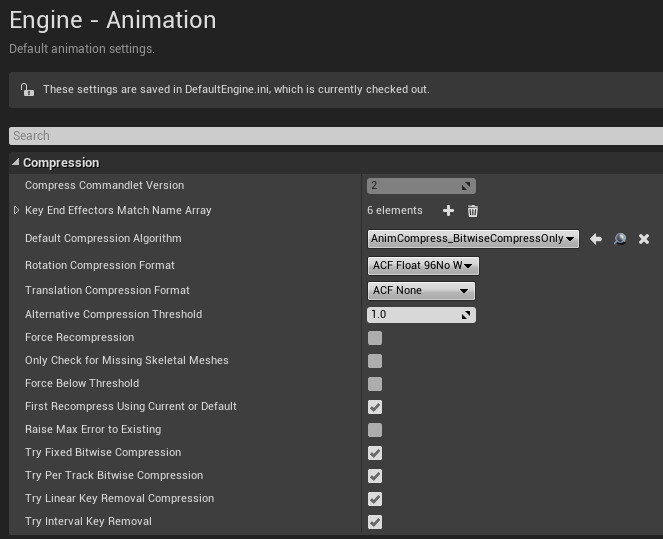

The organization of craft work: Identities, meanings, and materiality. Craft imaginaries–past, present and future. American Journal of Sociology, 83: 862–889. Industry clusters and organizational prototypes: Evidence from the Franconian brewing industry. C., Mellor, S., Schwaber, K., Sutherland, J., & Thomas, D. Beck, K., Beedle, M., van Bennekum, A., Cockburn, A., Cunningham, W., Fowler, M., Grenning, J., Highsmith, J., Hunt, A., Jeffries, R., Kern, J., Marick, B., Martin, R.American Journal of Sociology, 98: 30–66. The structure of opportunity: Middle-class mobility in England, 1548–1689. Administrative Science Quarterly, 64: 87–123. Shadow learning: Building robotic surgical skill when approved means fail. American Sociological Review, 53: 497–514. Mission control? The development of personnel systems in US industry. Academy of Management Discoveries, 3: 111–115.

The changing nature of work: Careers, identities, and work lives in the 21st century. Between craft and science: Technical work in US settings. Administrative Science Quarterly, 37: 363–399. Design and devotion: Surges of rational and normative ideologies of control in managerial discourse.

Administrative Science Quarterly, 41: 404–441. Technicians in the workplace: Ethnographic evidence for bringing work into organizational studies. Teaching-learning ecologies: Mapping the environment to structure through action. Academy of Management Journal, 60: 1213–1217. Falling in love again with what we do: Academic craftsmanship in the management sciences. Academy of Management Journal, 33: 407–422. Age and work performance in nonmanagerial jobs: The effects of experience and occupational type. Identity incentives as an engaging form of control: Revisiting leniencies in an aeronautic plant. Administrative Science Quarterly, 35: 604–633. Technological discontinuities and dominant designs: A cyclical model of technological change. American Sociological Review, 47: 441–457. Social mobility in a mid-nineteenth century French city. Journal of Management Studies, 55: 1452–1487. “I shot the sheriff”: Irony, sarcasm and the changing nature of workplace resistance. Alcadipani, R., Hassard, J., & Islam, G.Perspective-professional work: The emergence of collaborative community. Administrative Science Quarterly, 41: 61–89. Two types of bureaucracy: Enabling and coercive. Community and innovation: From Tönnies to Marx. Perspective-the sociological ambivalence of bureaucracy: From Weber via Gouldner to Marx. The future of critical management studies: A paleo-Marxist critique of labour process theory. Market, hierarchy, and trust: The knowledge economy and the future of capitalism. Academy of Management Review, 21: 254–285. Finally, we suggest how our framework could be used as a general theory for understanding alternative approaches to work against the backdrop of growing affordances of machine technology, and sketch future research avenues for exploring specific craft-related tensions and evolutionary processes. We identify the distinct work skills and attitudes that are typically associated with craft, and illustrate how these appear across two conventional configurations (traditional and industrialized craft) and three contemporaneous configurations (technical, pure, and creative craft) that are visible in the literature. Based on this we propose a reconceptualization of craft as a timeless approach to work that prioritizes human engagement over machine control. In an effort to synthesize the disparate threads of research on craft, we conducted an interpretive review of the concept’s use in management and organizational literature over the past century. Yet, despite growing research on the phenomenon, insights have remained fragmented due to a lack of common theoretical infrastructure. Craft, however, seems to have had a resurgence, and is now increasingly associated with alternative approaches to work and organization in contemporary society. The concept of craft has long lived in the margins of organizational research and has typically been equated with a primitive form of manufacturing.


 0 kommentar(er)
0 kommentar(er)
